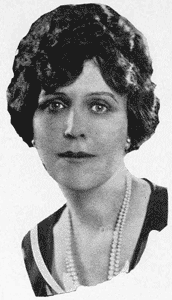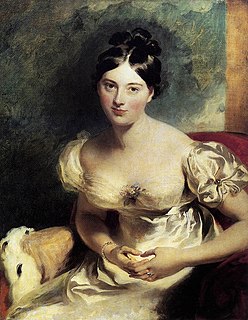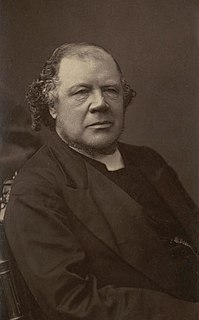A Quote by Mark Twain
No man has an appreciation so various that his judgment is good upon all varieties of literary work.
Related Quotes
The man and the movement seemed 'reactionary' in my eyes. My common sense of justice, however, forced me to change this judgment in proportion as I had occasion to become acquainted with the man and his work; and slowly my fair judgment turned to unconcealed admiration. Today, more than ever, I regard this man as the greatest German mayor of all times.
God, Who is by nature good and dispassionate, loves all men equally as His handiwork. But He glorifies the virtuous man because in his will he is united to God. At the same time, in His goodness he is merciful to the sinner and by chastising him in this life brings him back to the path of virtue. Similarly, a man of good and dispassionate judgment also loves all men equally. He loves the virtuous man because of his nature and the probity of his intention; and he loves the sinner, too, because of his nature and because in his compassion he pities him for foolishly stumbling in darkness.
Every few seconds a new book sees the light of day. Most of them will just be a part of the hum that makes us hard of hearing. Even the book is becoming an instrument of forgetting. A truly literary work comes into being as its creator's cry of protest against the forgetting that looms over him, over his predecessors and his contemporaries alike, and over his time, and the language he speaks. A literary work is something that defies death.
Literary men now routinely tell their readers about their divorces. One literary man who reviews books wrote, in reviewing a study of Ruskin, that he had never read a book by Ruskin but that the study confirmed him in his belief that he didn't want to read a book by Ruskin. This man very often writes about his family life.
Love and appreciation are identical vibrations. Appreciation is the vibration of alignment with who-you-are. Appreciation is the absence of everything that feels bad and the presence of everything that feels good. When you focus upon what you want - ;when you tell the story of how you want your life to be - you will come closer and closer to the vicinity of appreciation, and when you reach it, it will pull you toward all things that you consider to be good in a very powerful way.
And so the blasts of calumny, howl they ever so fiercely over the good man's head, contribute to his juster appreciation and to his wider fame. Preserve only a good conscience toward God, and a loving purpose toward your fellow men, and you need not wince nor tremble, though the pack of the spaniel-hearted hounds snarl at your heels.
One of the bigger mistakes of our time, I suppose, was preaching the demonization of all judgment without teaching how to judge righteously. We now live in an age where, apart from the inability to bear even good judgment when it so passes by, still everyone, inevitably, has a viral opinion (judgment) about everything and everyone, but little skill in good judgment as its verification or harness.





































